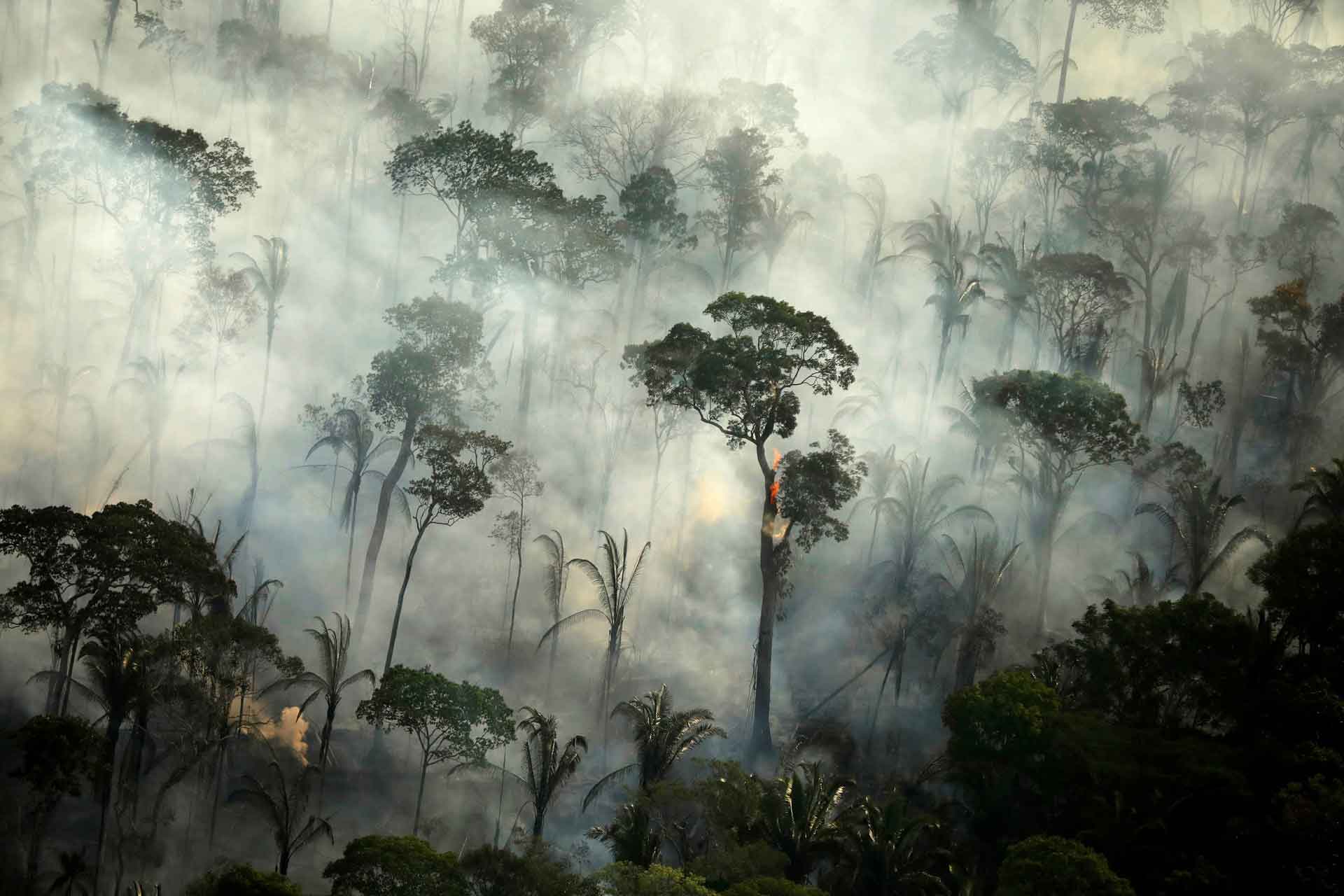November 1, 2022
Latest Environmental Posts is a new section on wermac.org with the goal of tracking the advances we as humanity are making to limit and perhaps someday stop Global Warming of our planet.
Global Warming
The Earth is warming up, and humans are at least partially to blame. The causes, effects, and complexities of global warming are important to understand so that we can fight for the health of our planet.
Global warming is the long-term warming of the planet's overall temperature. Though this warming trend has been going on for a long time, its pace has significantly increased in the last hundred years due to the burning of fossil fuels. As the human population has increased, so has the volume of fossil fuels burned. Fossil fuels include coal, oil, and natural gas, and burning them causes what is known as the 'greenhouse effect' in Earth's atmosphere.
The greenhouse effect is when the Sun's rays penetrate the atmosphere, but when that heat is reflected off the surface cannot escape back into space. Gases produced by the burning of fossil fuels prevent the heat from leaving the atmosphere. These greenhouse gasses are carbon dioxide, chlorofluorocarbons, water vapor, methane, and nitrous oxide. The excess heat in the atmosphere has caused the average global temperature to rise overtime, otherwise known as global warming.
Global warming has presented another issue called climate change. Sometimes these phrases are used interchangeably, however, they are different. Climate change refers to changes in weather patterns and growing seasons around the world. It also refers to sea level rise caused by the expansion of warmer seas and melting ice sheets and glaciers. Global warming causes climate change, which poses a serious threat to life on earth in the forms of widespread flooding and extreme weather. Scientists continue to study global warming and its impact on Earth.

Should we do something?
Since the industrial revolution, humans have emitted more than 2,000 gigatons of carbon dioxide into the atmosphere. (A gigaton is one billion tons.)
This ever-thickening blanket of heat-trapping greenhouse gases is causing the current global warming. If nothing changes, climate impacts such as forest fires, stifling heat waves and damaging sea level rise will only increase.
To combat climate change, it is imperative to rapidly reduce emissions, for example by generating more renewable energy, increasing energy efficiency, halting deforestation and reducing super-pollutants such as hydrofluorocarbons (HFCs). However, the latest climate science tells us that these efforts alone are not enough to prevent dangerous climate change.
To limit global temperature rise to less than 1.5-2°C (2.7-3.6°F), which scientists say is necessary to avoid the worst effects of climate change, we must not only reduce emissions but also remove and store some carbon from the atmosphere.
According to most climate models, we need to remove billions of tons of carbon dioxide annually by 2050 while reducing emissions more sharply.
Carbon can be removed in many ways, from new technologies to land management practices. The question is whether these approaches can remove carbon at the scale required in the coming decades.
Werner
September 15, 2023